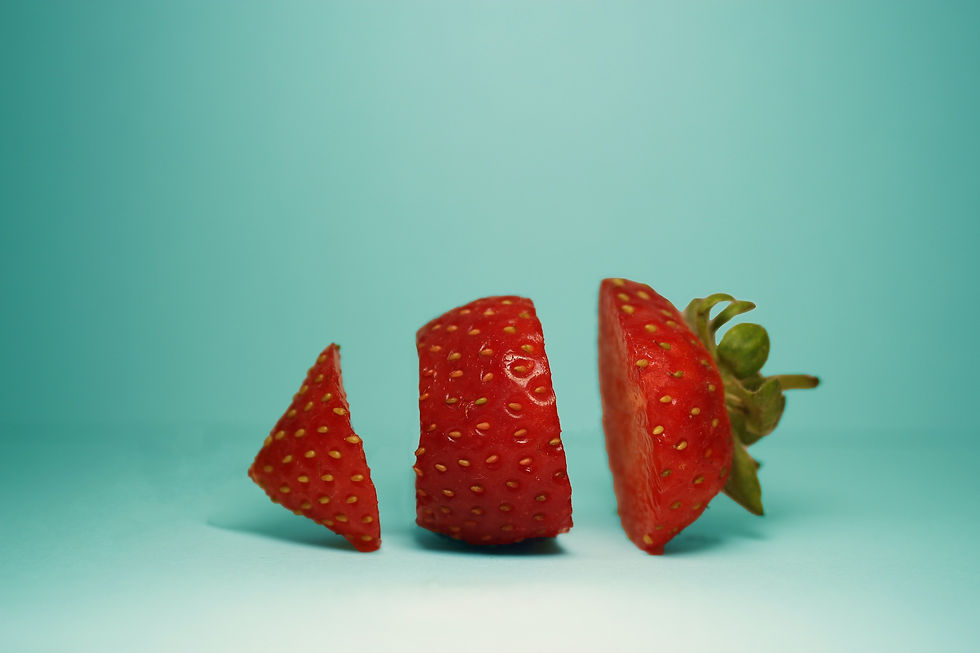Cupcakes Might Be Easier Than Carrots when it come to Food Freedom
- Paige Smathers

- Aug 5, 2019
- 2 min read

When working on food freedom, it's easy to initially understand the need to eat the previously forbidden foods. It makes sense to eat the foods that were off limits during your dieting days. It feels good to make peace with things like muffins, cupcakes, croissants, ice cream, and/or whatever else you deemed wrong or bad. There is SO much value in making peace with those foods. They are a part of life and bring us joy, tastiness, and connection—all things I'm in full support of!
And, because #nuancematters, let's talk about the fact that there's tons of nuance in making peace with food and finding food freedom. When you're ready (or if you're in treatment for an ED, defer to your team's judgement), it's reasonable to look at how you might make peace with things like carrots, broccoli, or other foods you used to pedestalize during your dieting days. How can you integrate those foods into your eating pattern in a way that feels good? Can you explore how you might make peace with vegetables? If they symbolize diets and restriction to you, can you lean into that and look further? Can you explore how you might develop a more neutral relationship with veggies?
For example, instead of eating vegetables because your diet says to eat them or because you hope they shrink your body, can you learn to approach them as a crunchy addition to your meal? Can you eat them along with other foods at meals and notice how they help you feel energized, full and satisfied at the end of your meal? Can you pay attention to the functioning of your digestive system when you eat—not too much, though—vegetables and fruits with meals?
Remember vegetables are not a moral imperative. There's no right or wrong way to eat. It's okay if you're struggling to navigate the pendulum swing that diets bring into your life. My hope is to give you permission to look at as many angles of food freedom as possible. And, for most, when it comes to food freedom, cupcakes might be a little easier than carrots.







Kaiser OTC benefits provide members with discounts on over-the-counter medications, vitamins, and health essentials, promoting better health management and cost-effective wellness solutions.
Obituaries near me help you find recent death notices, providing information about funeral services, memorials, and tributes for loved ones in your area.
is traveluro legit? Many users have had mixed experiences with the platform, so it's important to read reviews and verify deals before booking.